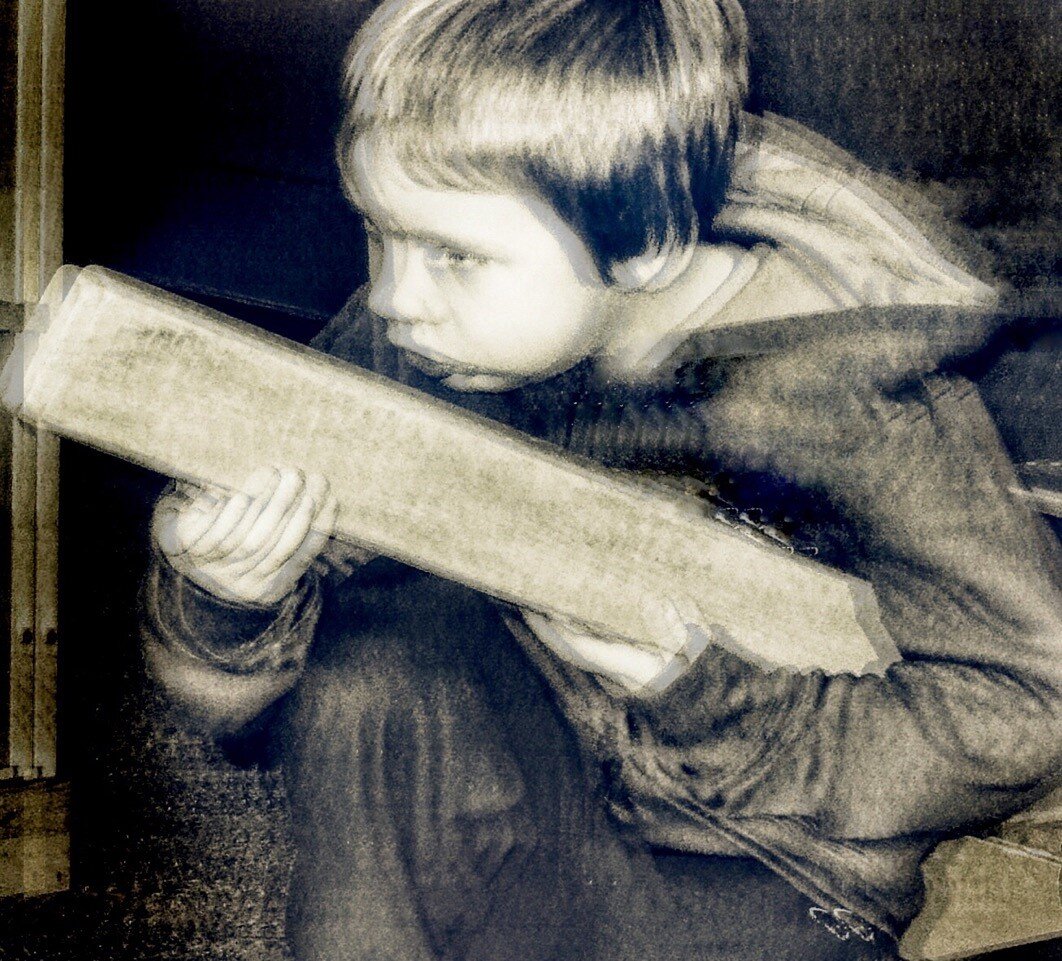Pedagogies of Non-Innocence
Blocks are gathered and stacked to create an enclosure. Bodies hunch inside, taking up positions of combat. Long blocks become rifles; short curved blocks become pistols. Eyes peer through cracks, calculating, taking aim.
“What power does your gun shoot?”
“168 meters”
"Mine shoots fire”
"Mine shoots pistols"
“Shoot the girls, only the girls. Shoot the teacher.”
Children’s engagements with make-believe guns are tense, disturbing, and spark visceral emotions. They confuse us, sometimes pulling us in to play along, sometimes leaving us gasping, silenced. They force us to acknowledge the harsh realities of 21st-century violence and aggression – realities that are often pushed aside in the name of maintaining childhood innocence. How do children’s existing relations with guns call us toward pedagogies that wrestle with the realities of the world that children are inheriting? How might pedagogies of non-innocence compel us to resist simple, idealized notions of childhood and education? Pedagogies of non-innocence open up spaces to explore how childhoods, blocks, educators, and pedagogy are enmeshed in the world’s uneven power relations, such as colonialisms, and patriarchies. They demand we stay with the uncomfortable truth that childhood spaces are not “a utopic and pure ‘other space’ that can be divided off from the imperfect world we live” (Taylor, 2013, p. 114). Pedagogies of non-innocence interfere with the grand narrative of “pure and innocent pedagogies” (Taylor, 2013, p. 114) and asks us to grapple with/in the disturbing, uncomfortable realities of the world in which we are all entangled.
Kim Atkinson
Reference:
Taylor, A. (2013). Reconfiguring the natures of childhood. New York, NY: Routledge.
